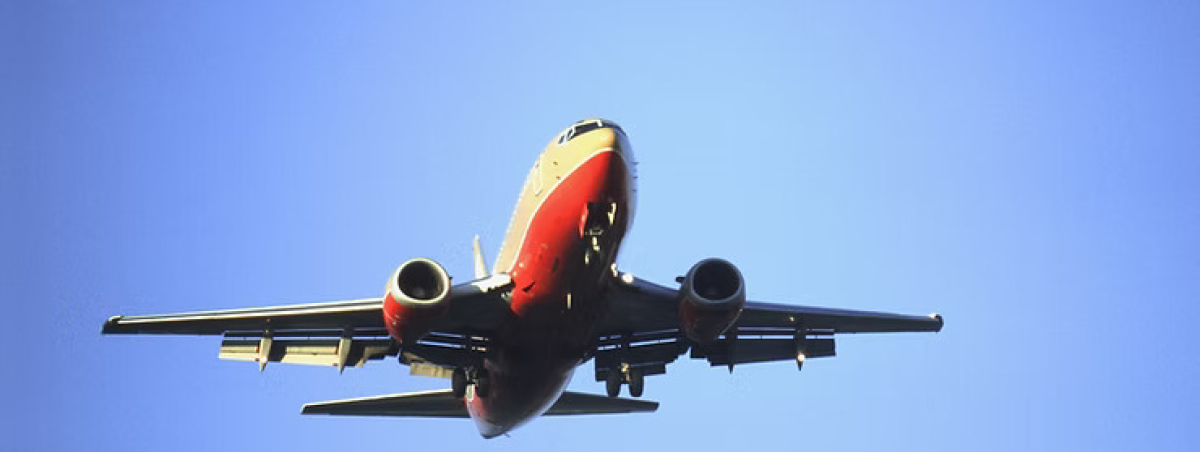Air New Zealand has recharted its path to decarbonisation, stepping away from its Science-Based Targets Initiative goals and launching a more flexible, yet still ambitious, emissions reduction strategy. The airline now aims to cut well-to-wake jet fuel emissions by 20–25% by 2030, based on a 2019 baseline—targeting a reduction from 4.3 million to as low as 3.7 million tonnes annually.
The shift reflects a broader reality for the aviation sector: the pace of green technology commercialisation isn’t keeping up with earlier expectations. Rather than overpromise, Air New Zealand has opted for transparency and adaptability, committing to reassess its emissions guidance annually through to 2030.
Critically, the airline is increasing its reliance on sustainable aviation fuels, targeting 10% SAF usage by 2030—a significant leap from the current 0.4%. While some may argue for more aggressive action, Air New Zealand insists that honesty about what’s feasible is more impactful than unattainable targets.
This pivot isn’t just a course correction—it’s a reflection of the evolving sustainability playbook, where realism, accountability, and adaptability matter more than rigid ambition.
Read the full article to explore what this shift signals for the future of climate strategy in high-emission industries.

















.png)

